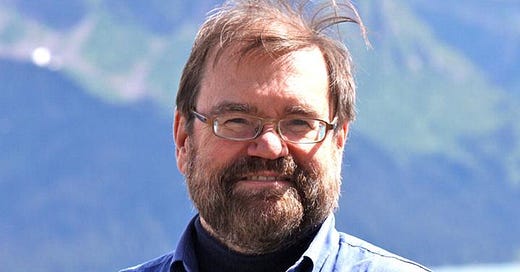We came from across the entire United States. Although we were mostly men and white, we were a very diverse group. We were from cities and farms. Some came from wealthy families and some from humble origins, but we were all capable people. We knew there were …
Keep reading with a 7-day free trial
Subscribe to Slow Aging and Delay Chronic Disease Development to keep reading this post and get 7 days of free access to the full post archives.




